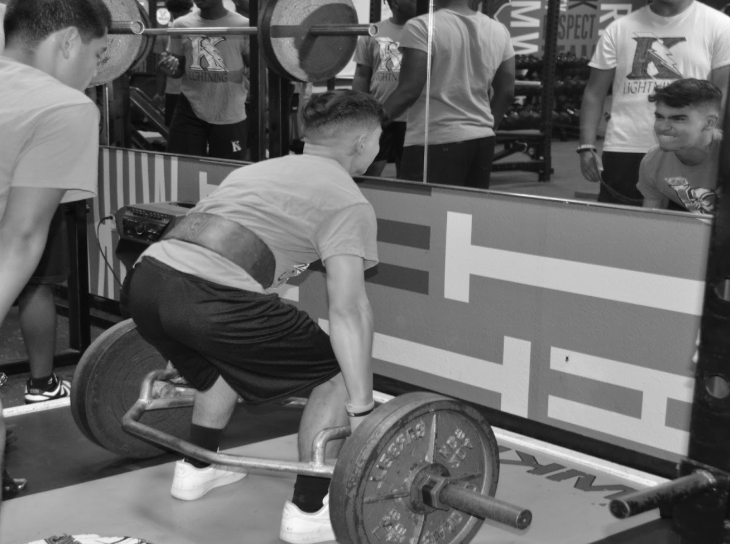How Social Media Affects Political Views of Students
Social media platforms play a role in our lives, swaying our opinions and influencing our thoughts. News threads and propaganda advertising worldly issues on the recommended feeds of platforms such as Tik Tok, Instagram, Twitter, etc. possess great power over the political perspectives of its young, impressionable viewers.
Gen Z is at a far higher advantage than ever before. Social media provides teenagers with an easily accessible platform brimming with worldly knowledge at the click of a button. During times of national elections, information pertaining to a presidential candidate’s policies populates the internet through threads, tweets, Youtube and Tik Tok videos. Before social media, it was virtually impossible to be well-informed of affairs happening overseas without having to read through a book or turn on the news.
Teenagers are now utilizing digital media as a valuable tool for conveying their political opinions. In light of the recent overturning of Roe v. Wade, which removed a woman’s constitutional right to receive an abortion, many teenage girls have voiced their opinions through social media platforms.
Junior Maya Hickey has recently joined a group of young women from South Miami who have come together to speak out against abortion restrictions and gather support by harnessing the power of the internet. She has worked on creating websites, videos, and several Instagram accounts to collect support for the cause.
“I have always been a passionate advocate for female rights,” Hickey said, “and with the recent crisis, I knew I needed to find the perfect outlet to connect with others and support the cause.”
As beneficial as it is to have so much information at their fingertips, teens should remain correctly informed to avoid falling for biased stories and malicious propaganda. The biggest issue facing teens on social media today is the danger of a single story. Thousands of accounts report on political events, each from a different perspective. Sponsored posts may place one of these accounts at the top of teens’ recommended feeds and leave them subject to one biased view.
According to a study published by Johns Hopkins University, a false social media account surfaced in early 2021, reporting that the COVID-19 vaccine would affect fertility. Thousands of viewers began to raise doubts about the effectiveness of the vaccine and spread this information further on the internet. Reading an article like this, which seems reputable but in truth is inaccurate, endangers not only the individual who believes the account but the people around them who will in turn be hearing about it from their friends.
High school students tend to be at the most impressionable time in their lives and may be easily swayed by what is displayed to them online. To avoid falling for false information, it is crucial to utilize fact-checking sites and find multiple perspectives on the topic before creating a political opinion.
Clickbait advertisements present themselves all across social media. It takes only a few words to plant a seed in a young teen’s head that leaves them ill-informed about a political altercation.





























